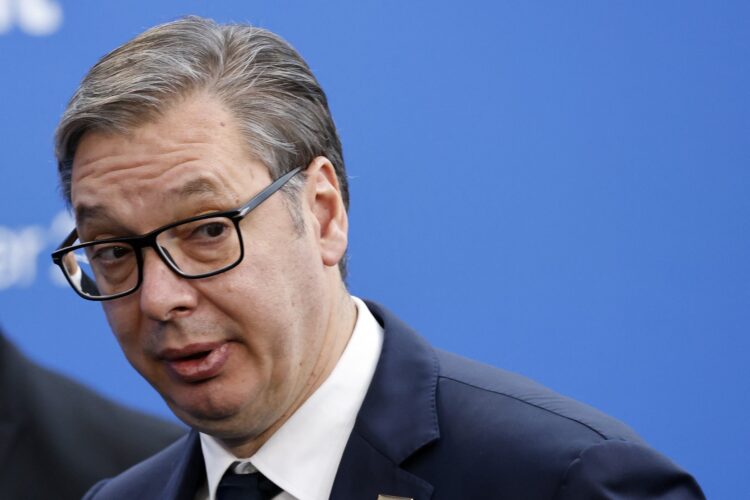Serbia is facing increasing pressure from the European Union following the EU Enlargement Summit in Brussels. Swedish authorities announced they will adjust their support to Serbia, scaling back aid to state institutions while redirecting assistance toward civil society initiatives, in response to concerns over corruption and democratic backsliding.
The decision comes after the European Parliament passed an unprecedentedly critical resolution and the European Commission issued a harsh report assessing Serbia’s progress.
Nemanja Todorović Štiplija, Editor-in-Chief of European Western Balkans, told Nova that Sweden’s move is not isolated, but a clear signal that other EU member states could follow suit if Serbia fails to improve governance and uphold the rule of law.
“This is a serious warning to the Vučić regime. European patience is exhausted. Future non-compliance will have tangible consequences: reduced trust, loss of international support, and more restricted access to EU funds,” Todorović Štiplija said.
He explained that EU assistance is no longer automatic for institutions that fail to deliver results. Instead, support is being redirected to local media, civil society, and reform-focused organizations that genuinely promote democratic change.
The European Commission’s report highlighted that Serbia appears to be backtracking on democratic reforms, particularly in rule of law, judicial independence, media freedom, and anti-corruption efforts. Out of 35 chapters in EU accession talks, Serbia has opened 22, temporarily closed 2, and made little progress in opening new chapters, including the Green Agenda and sustainable connectivity.
Speaking from Brussels, Serbian President Aleksandar Vučić attempted to downplay the criticism, claiming that the report’s findings were overstated and asserting that Serbia remains committed to EU accession.
“The EU doors are open—it depends on our decisions,” Vučić said. He also dismissed the idea of immediate sanctions or political repercussions, suggesting that EU measures such as recognition of Kosovo or sanctions against Russia could be delayed, framing the criticism as a challenge to be managed on Serbia’s own terms.
The combined actions of Sweden and the EU reflect a sharper stance on governance and reform, signaling that European patience with Serbia’s ruling party is waning. Observers warn that further inaction could prompt additional EU member states to take similar restrictive measures.







